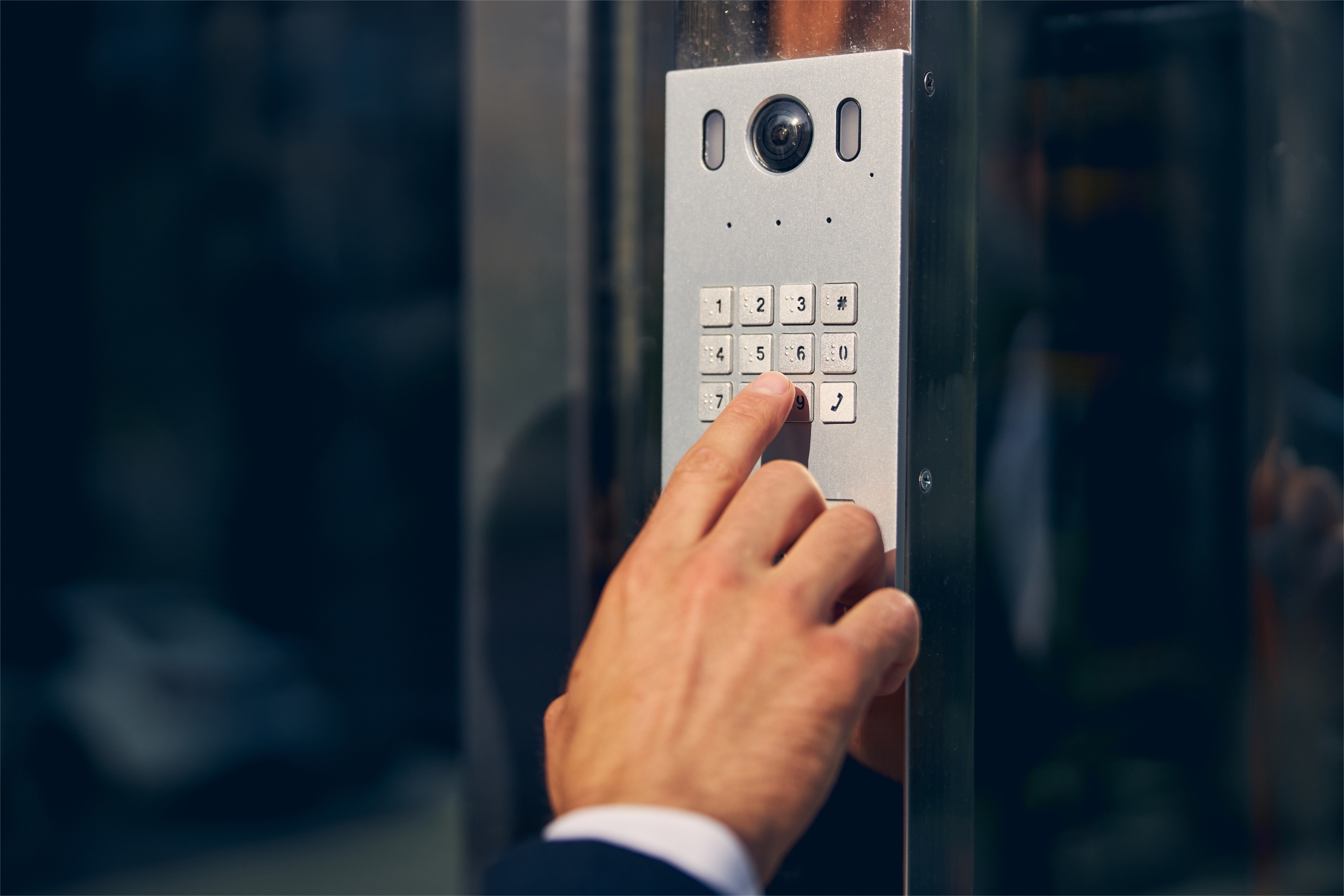Security is more crucial now than ever before. Safeguarding assets, information, and people requires robust systems like access control entry.
Access control entry systems have emerged as indispensable tools in achieving this goal, and this blog explores the fundamentals of access control, its evolution from analogue to digital systems, and why digital solutions are superior.
Understanding access control
Access control refers to the selective restriction of access to a place or resource. It ensures that only authorised personnel or entities can enter specific areas or use certain resources. Traditionally, this was managed through physical locks and keys. However, with the advent of technology, access control systems have evolved significantly.
Evolution from analogue to digital systems
Analogue systems:
Analogue access control systems relied heavily on mechanical locks and keys. While effective to a degree, they had several limitations. Key management was cumbersome, as lost or stolen keys necessitated entire lock replacements. It was challenging to track access history or modify permissions in real time.
Digital systems:
Digital access control systems represent a significant leap forward in security management. These systems utilise electronic credentials such as keycards, fobs, or biometric data (like fingerprints or retinal scans) to grant access. Here’s why they are superior:
Enhanced security: digital systems offer stronger authentication methods compared to traditional keys. Biometric data, for instance, is nearly impossible to replicate, significantly reducing the risk of unauthorised access.
Remote management: unlike analogue systems, which require physical presence for key management, digital systems allow administrators to manage access rights remotely. This flexibility is invaluable in scenarios where access needs to be modified quickly or in emergencies.
Audit trail capability: digital systems provide detailed audit trails, logging access attempts and granting visibility into who accessed which areas and at what times. This feature enhances accountability and aids investigations in case of security breaches.
Integration capabilities: digital access control systems can integrate with other security systems like CCTV cameras or alarm systems, creating a comprehensive security infrastructure that is proactive and responsive to threats.
Scalability: digital systems are easily scalable, accommodating organisational growth without significant infrastructure changes. Adding or removing users and adjusting access levels can be done swiftly through centralised management software.
Why are digital access control systems better than analogue systems?
Digital access control systems offer several advantages over analogue systems. Firstly, they eliminate the vulnerabilities associated with physical keys. Keys can be lost, copied, or stolen, compromising security. Digital credentials, on the other hand, can be easily deactivated and replaced without compromising the entire system’s integrity.
Secondly, digital systems provide real-time monitoring and reporting capabilities. Administrators can monitor access attempts instantly and receive alerts for unauthorised access attempts or suspicious activities. This proactive approach enhances overall security posture and enables swift response to potential threats.
Additionally, digital systems support more sophisticated access control policies. Administrators can define granular access permissions based on roles, time of day, or specific areas within a facility. This ensures that only authorised individuals have access to sensitive areas, reducing the risk of insider threats and unauthorised access.
Embracing digital security solutions
Access control entry systems have evolved from mechanical locks to sophisticated digital solutions, offering enhanced security, flexibility, and operational efficiency. While analogue systems served their purpose, the advancements in digital technology have raised the bar in security standards, making them the preferred choice for organisations worldwide.
As technology continues to evolve, so too will access control systems, ensuring that businesses and individuals alike remain protected in an increasingly interconnected world. Digital access control systems not only streamline security operations but also contribute to a safer and more secure environment for everyone involved.
Explore further insights into access control, uncovering its features and operational mechanics.
